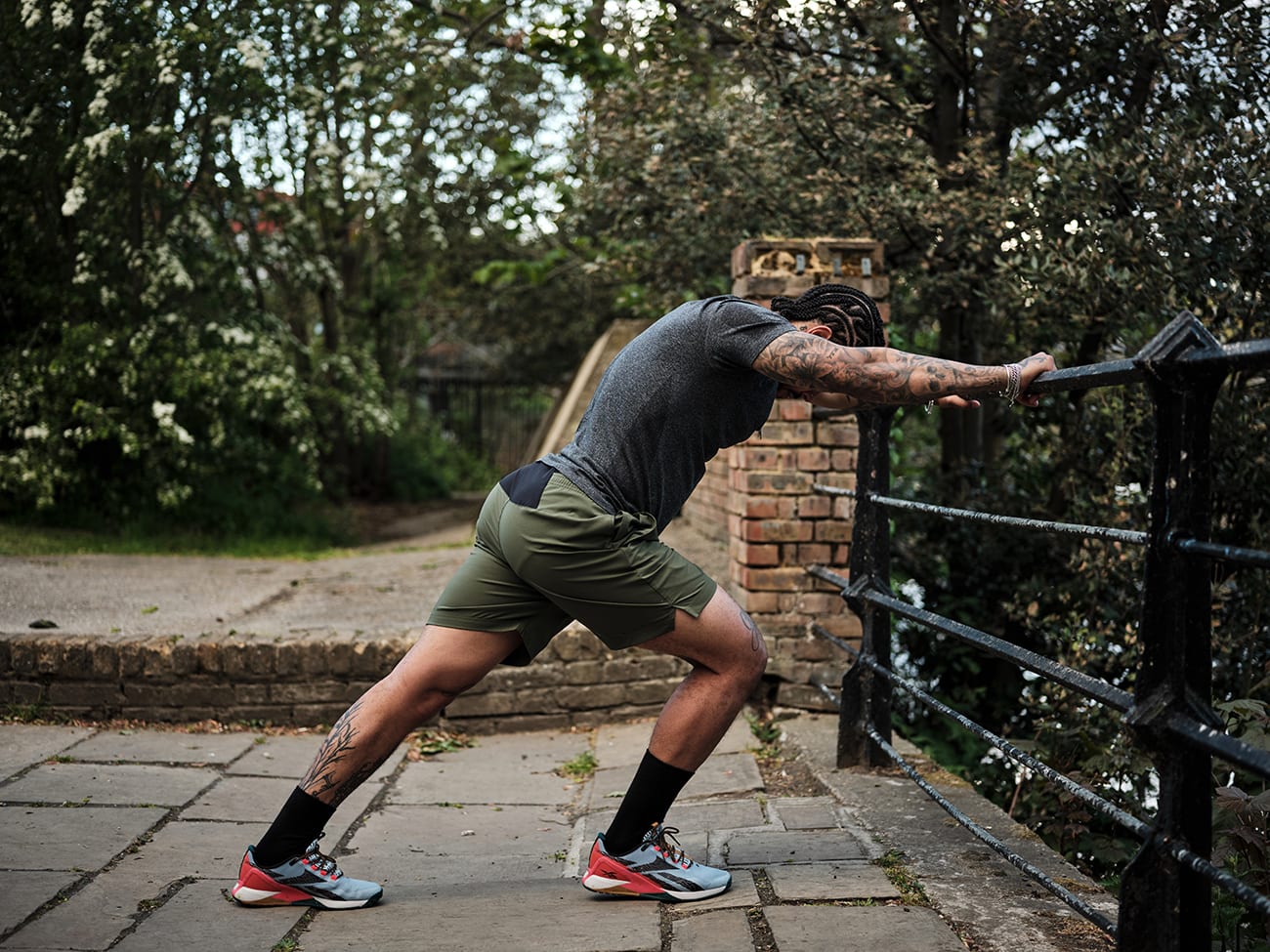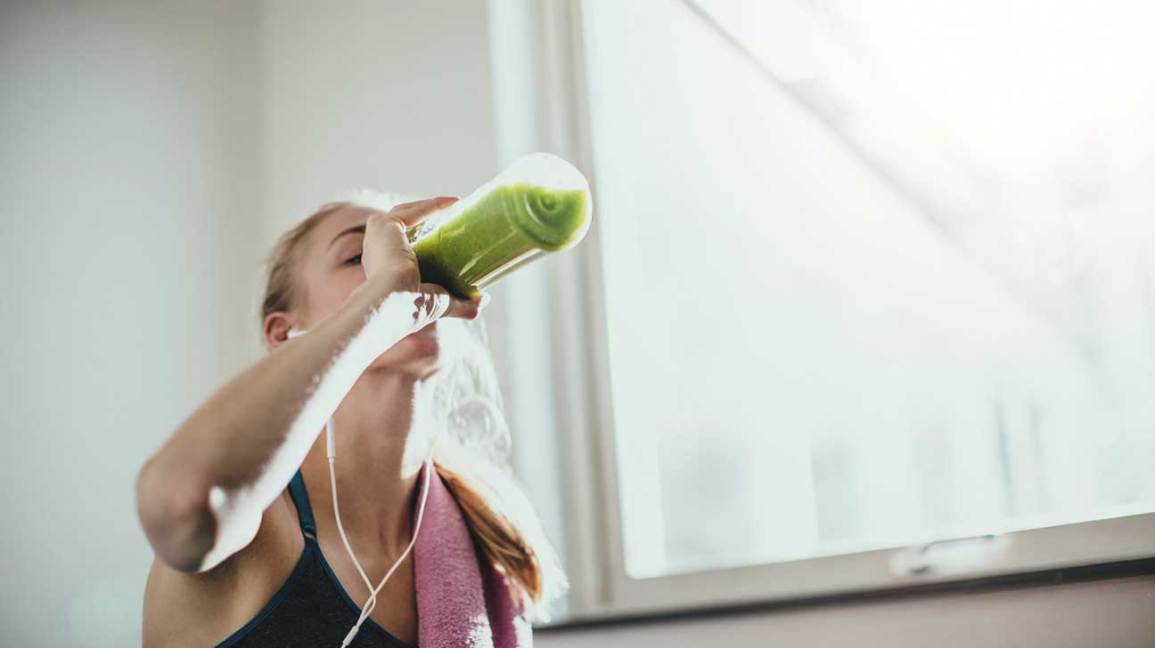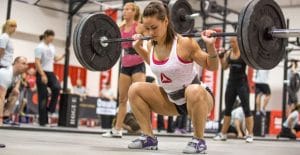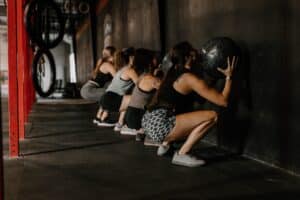Is there anything worse than waking up with sore muscles? You go hard on a new workout, feel great about yourself and then…not so great the next day. Sore muscles are not only painful but they can also slow your fitness momentum as you wait to recover. But make no mistake: Recovery is crucial.
Many experts agree that recovery after exercise is essential for physical performance and improvement. And the industry is taking note, offering consumers more tools than ever to assist in optimal recovery. There are recovery trackers, alternative therapies and even topical treatments to help your sore muscles repair themselves quickly. Something else that often goes overlooked when it comes to muscle recovery? What you eat. “Eating after a hard workout helps repair the tiny muscle tears and builds new muscle,” says Registered Dietitian Kendra Glassman. “When you eat after a workout, you can help speed recovery and therefore minimize soreness.”
But what are the best foods to eat when you’ve got sore muscles? We caught up with some of the industry’s top nutrition experts to learn more.
THE SKINNY ON MUSCLE SORENESS
When your muscles feel sore after a workout, they’re undergoing a microscopic disruption of muscle fibers, which sounds like a bad thing but is actually exactly what should be happening. “The old saying that ‘what doesn’t kill you makes you stronger’ is in part true,” says lead coach at Running Strong Janet Hamilton. “Your body will do its best to repair the tissue so that it’s stronger next time. The trick, of course, is not to exceed loads to such a point that the damage you sustain is more than microscopic. That’s called an injury.”
To prevent muscle soreness as much as possible, it’s important to know your limits. Start at a fitness level where you feel comfortable and build from there. And when you’re done with a workout, there’s still more to do. “Following a training session, it’s important to keep the body moving all day long in order to get sufficient blood flow throughout the body,” says founder of Lionstrong Fitness Obi Owoh. “Blood circulation allows waste and lactate to flush out. Lack of movement will keep you stiff and immobile.” Owoh recommends a brisk 15-minute walk, or going up and down the stairs in your house. As long as the activity promotes blood circulation and works up a mild sweat, you’ll be in good shape to preventing soreness.

CARBS AND PROTEIN = KEY
When it comes to preventing sore muscle, you want to first eat something within 30 minutes of a workout. Glassman recommends a mixture of carbs and protein. “Proteins contain amino acids, which are the building blocks to build the damaged muscles,” she says. “And carbohydrates are essential to replace the glycogen stores you lost during your workout. This is important so that you can sustain tough workouts later, plus glycogen is a source of water storage.”
Glassman says the optimal ratio of carbohydrates to protein is 4:1 so for every four grams of carbohydrates, you want one gram of protein. She says the food with the perfect ratio is chocolate milk (editor’s note: We love this woman) but other great options include oatmeal with peanut butter or a protein shake. “It’s important to pick whole foods that are micro-nutrient dense,” says Owoh. “This will not only give you energy for your next workout, but your muscles will have fuel to operate properly to their fullest capacity. You are a machine, and for that machine to run as efficiently as possible, the right type of fuel is essential.”
For protein, Owoh is a big fan of beef, eggs and fish. When it comes to carbs, he likes white rice. One thing he would never recommend for muscle recovery, though? Alcohol. “The absolute worst thing anyone could consume for muscle recovery is alcohol,” he says. “Alcohol reduces muscle protein synthesis, negatively modifies hormone levels and decreases your metabolism, which makes burning fat and building lean body mass more difficult.” Noted.
HEALING FROM THE INSIDE
Nutrition is a key component of any training plan to help you heal sore muscles and feel your best. “All healing comes from the inside,” says Hamilton. “Your body is miraculous in that it’s always working as hard as it can to sustain itself. Give it the nutrients and time it needs to rebuild itself. Get adequate sleep. Your body will amaze you with its ability to heal and recover.”
“Fitness is a lifelong journey,” says Owoh. “It’s all about giving your best each day with every training session, every meal and every night of sleep. Everything you do matters at all times.”
From new kinds of workouts to outdoor fitness, challenging yourself to try new things is healthy and rewarding. If your muscles are sore the next day, that’s okay. Just eat well, sleep well and you’ll be on the road to soreness recovery in no time.
NOT A MEMBER YET? Try us out for FREE here 👉 FREE TRIAL
Bensman, Julie (2021). WHAT TO EAT FOR SORE MUSCLES. Available at: https://www.reebok.com.au/blog/740902-what-to-eat-for-sore-muscles [Accessed November 29 2021]




